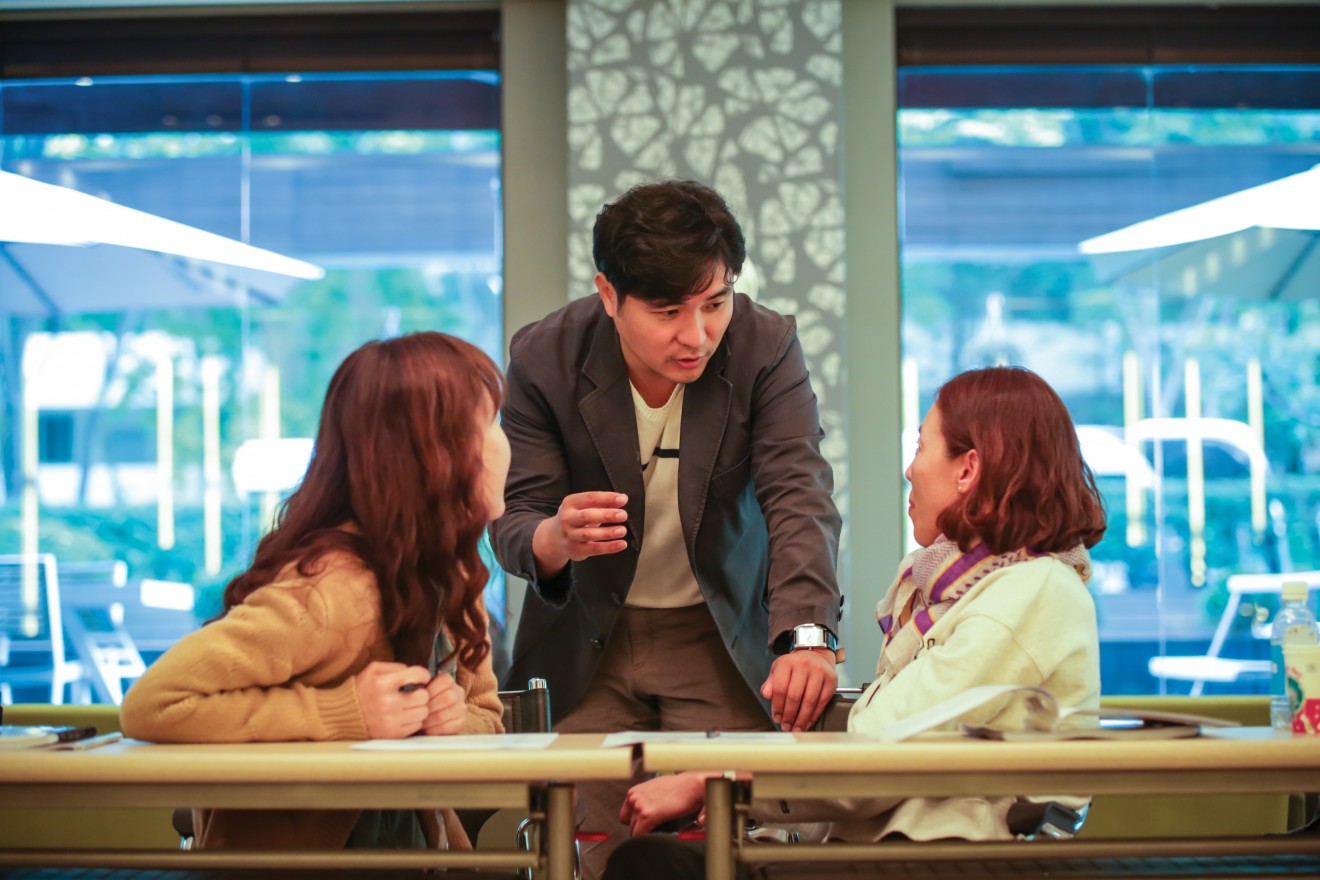
He peered through binoculars intently. His life, after all, might be at stake. Through the optics he could see the enemy smoking a cigarette, just over the border.
Jae Young Lee, 16 years later, remembers the absurdity of that moment. North Korea’s “beloved leader,” Kim Il Sung, had just died, and both militaries – north and south – along the “demilitarized zone” were on red alert.
“We had been given orders to shoot anything that moved in the river [dividing the armies]. We were all very quiet as we dealt with our own thoughts and fears of life and death. I thought, ‘I don’t even know his name. I don’t hate him, but if war broke out, I would shoot him and he would shoot me.’”
Lee’s transformation from watchful sniper to dedicated, savvy peacebuilder was over a decade in the making. After he completed his 26-month stint as a draftee in the South Korean army, his father suggested Lee might want to get some education in North America. Forty-five years earlier, in the aftermath of the Korean War, his father had worked as a farm manager in a vocational training school for orphaned boys. The school was run by Mennonite Central Committee (MCC), which led his father to suggest that Lee apply to a Mennonite college.
In 1996, Lee found himself in classes at Canadian Mennonite Bible College (now Canadian Mennonite University) in Winnipeg. One of his professors teased Lee that he was the first student to wear camouflaged fatigues to his class. “They were the most comfortable pants I owned,” Lee now says with a chuckle.
In Canada, Lee kept hearing people talking about, and praying for, world peace. “One day I saw 20 old ladies packing health kits for North Korea. I asked them why they were doing this and they said, ‘There is famine in North Korea and we know that someone out there will get help from these kits.’ I cried because I realized that I myself had no concern, but these Mennonites cared.”
In 2000, Lee headed south to attend the Summer Peacebuilding Institute at Eastern Mennonite University. His first class was “Introduction to Conflict Transformation” taught by John Paul Lederach. His second class was “Restorative Justice” with Howard Zehr. His third class was “Philosophy and Praxis of Reconciliation” with Hizkias Assefa. Lee had ended up in classes taught by three of the legendary professors of the program. The experience settled the matter of what he wanted to study. With financial support from MCC and his parents, Lee completed a master’s degree in conflict transformation at EMU in 2003.
In Seoul in 2001, Lee joined a fellow graduate of Canadian Mennonite Bible College, Kyong Jung Kim, and a Canadian Mennonite service worker, Tim Froese, to found the Korean Anabaptist Center. Lee became its peace program director. Lee began to envision ways to foster a paradigm shift in Northeast Asia, from an atmosphere of animosity and militarism to one where both national security and human security are guaranteed. And thus the idea of a regional peacebuilding institute was born.
Northeast Asia contains more than a quarter of the world’s people and will likely emerge as the center of global economic and military power in the coming decades. In Lee’s view it is critical for the region to transform its “long-standing animosity and mistrust” created by “wars and military confrontations.”
By the fall of 2010, Lee had visited China, Japan and Taiwan to build interest in the formation of the Northeast Asia Regional Peacebuilding Institute (NARPI) and had secured funding sufficient to launch NARPI in the summer of 2011 from MCC, Asian Community Trust, the Global Partnership for the Prevention of Armed Conflict, Niwano Peace Foundation, and the Mennonite Mission Network.
This is adapted from an article by Earl and Pat Hostetter Martin ’64, MA ’98, which originally appeared in the summer 2010 issue of Crossroads, EMU’s alumni magazine. Pat was on the staff (eventually the director) of EMU’s Summer Peacebuilding Institute from 1998 through 2008.